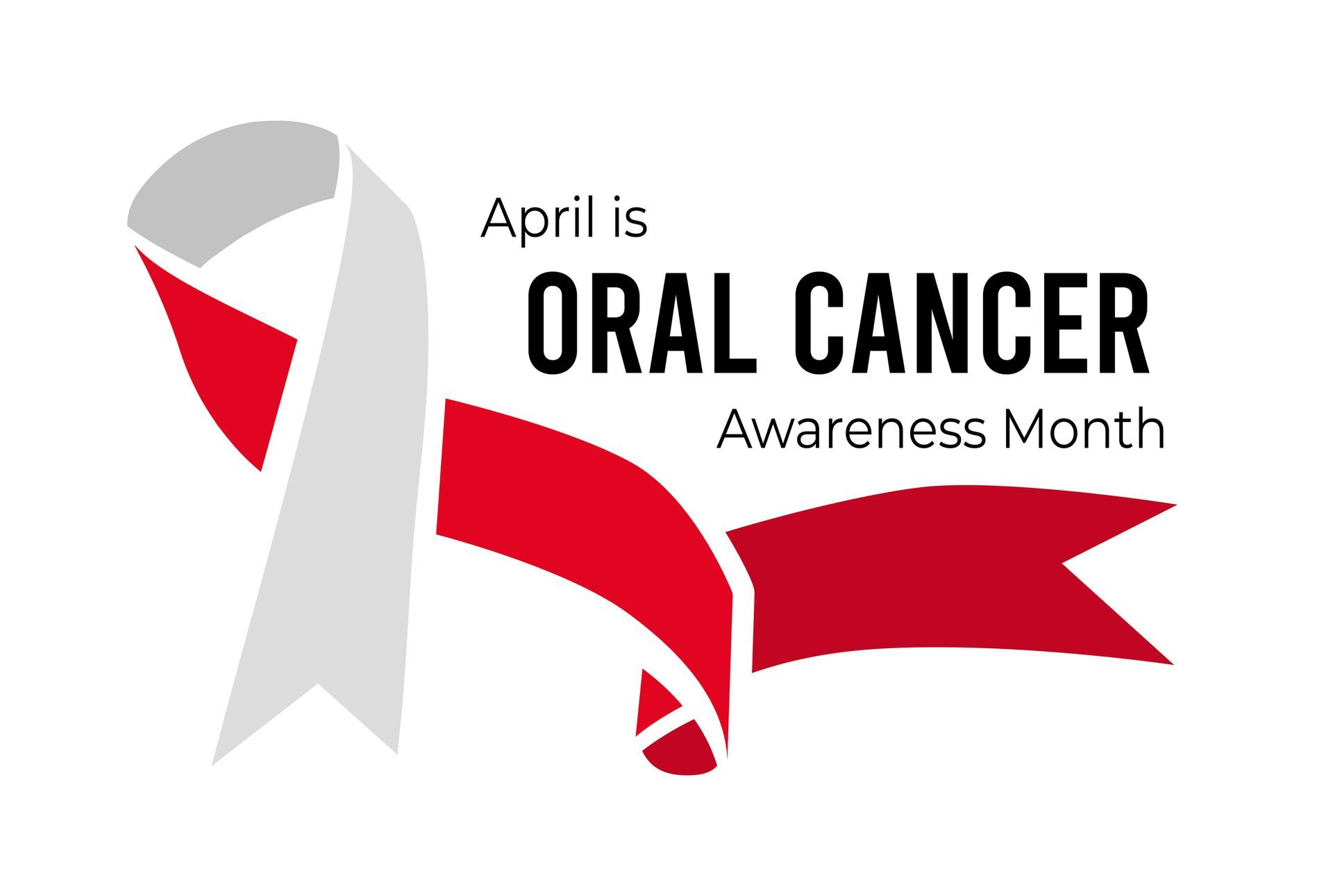Important Flossing Facts Every Parent Needs to Know To Instill the Habit of Flossing in Your Child’s Daily Routine
Flossing, an often-neglected part of oral care routines, is especially critical for children as they develop lifelong habits. Integrating flossing into a child’s daily regimen not only promotes oral health but also sets the stage for a future of fewer dental issues. This article explores practical ways to make flossing a natural and consistent practice for children.

The Importance of Starting Early:
Dentists recommend that flossing should begin when two teeth start to touch. Starting early helps children get used to the sensation and importance of flossing, preventing the buildup of plaque and reducing the risk of cavities and gum disease.
Choosing the Right Tools:
For little hands, traditional string floss can be difficult to manage. Child-friendly flossers, which come in fun shapes and colors, make the process easier and more enjoyable. They are specifically designed for children’s mouths and can make flossing less of a chore.
Making Flossing Fun:
Creating a story around flossing, such as ‘going on a treasure hunt to trap the food monsters between the teeth,’ can engage a child’s imagination. Using a chart with stickers to track flossing habits or rewarding consistent flossing can also motivate children.
Education Through Demonstration:
Children learn by example. When they see their parents or caregivers flossing regularly, they understand its importance. Showing them how to floss by guiding their hands through the motions can teach them the correct technique.

Overcoming Resistance:
It’s common for children to resist flossing because it can be uncomfortable initially. Encouraging them to floss gently and praising their efforts can help. If bleeding occurs, reassure them that it’s normal and will improve with regular flossing.
Professional Guidance:
During dental checkups, ask the dentist or hygienist to demonstrate flossing to your child and explain why it’s important. A professional endorsement can reinforce its value and the correct technique.
Conclusion:
Flossing should be an integral part of a child’s daily oral hygiene routine. While it may take some patience and creativity, instilling good flossing habits in children is an investment in their health that will pay off for a lifetime. By choosing the right tools, making the process fun, demonstrating the technique, and seeking professional advice, parents can help ensure that their children’s smiles remain healthy and bright. Remember, the goal is not just to get kids to floss, but to want to floss as a part of taking pride in their personal care and health.




